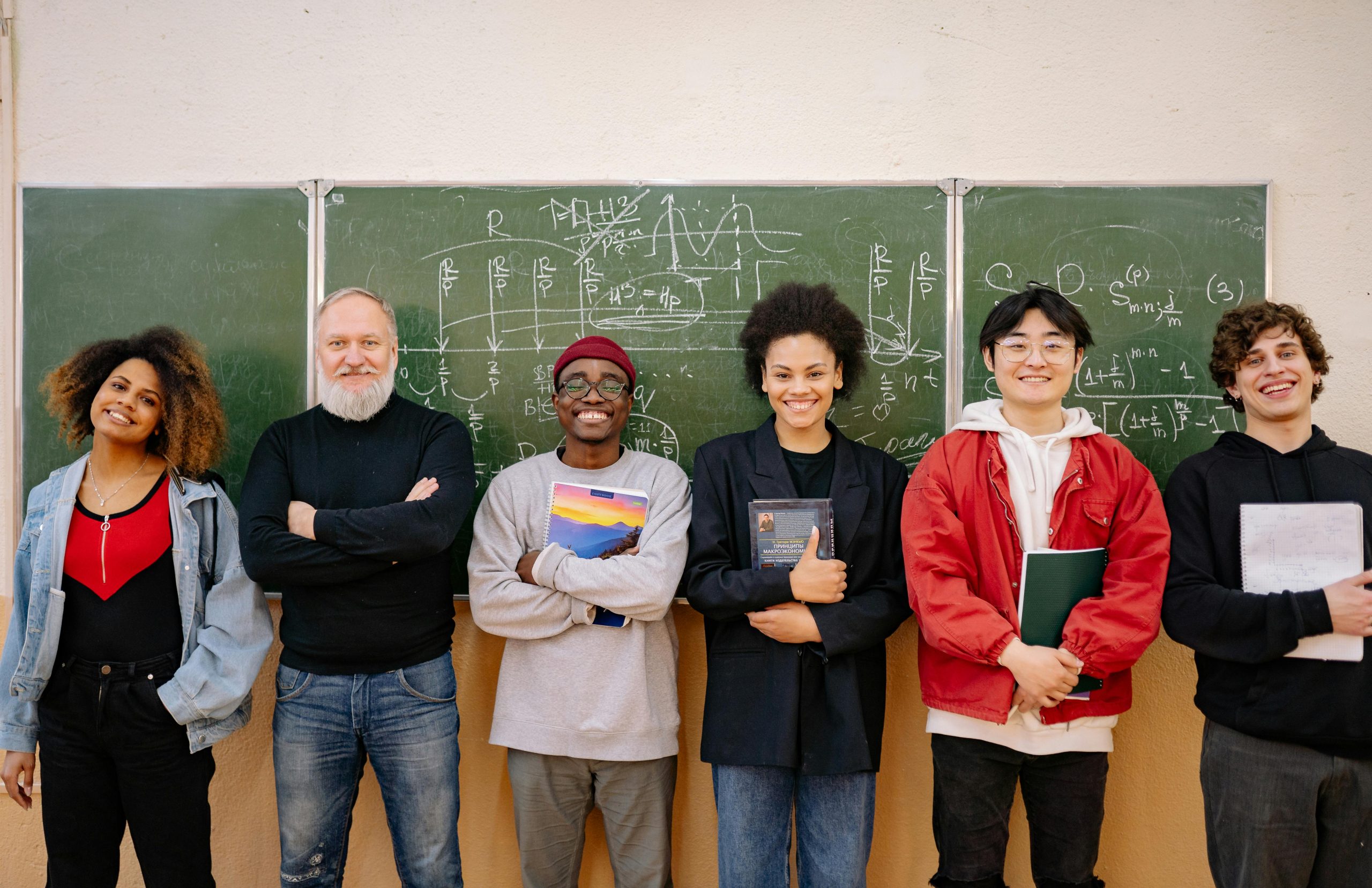Future-Ready Students: Preparing for Jobs, Success, and Life After Graduation by Michael A Forman, Public Speaker
The Importance of Future-Ready Students in Today’s Job Market
In today’s rapidly evolving job market, it is crucial for students to be future-ready in order to secure successful careers and thrive in life after graduation. The traditional model of education, which focused primarily on academic knowledge and rote memorization, is no longer sufficient. Employers are now seeking candidates who possess a wide range of skills and competencies that go beyond textbook knowledge.
One of the key reasons why future-ready students are so important in today’s job market is the rapid advancement of technology. Automation and artificial intelligence are transforming industries and reshaping the nature of work. According to a report by the World Economic Forum, by 2025, 85 million jobs may be displaced by automation, but 97 million new jobs may emerge. This means that students need to be equipped with the skills that are in demand in the future, such as critical thinking, problem-solving, creativity, and adaptability.
Furthermore, the job market is becoming increasingly globalized and interconnected. Companies are expanding their operations across borders, and employees are expected to work with colleagues and clients from diverse cultural backgrounds. Future-ready students must possess strong communication and collaboration skills, as well as cultural competence, to navigate this global landscape successfully.
Key Skills and Competencies for Success in Life After Graduation
To be future-ready, students need to develop a set of key skills and competencies that will enable them to succeed in life after graduation. These skills go beyond academic knowledge and encompass a range of abilities that are highly valued by employers.
First and foremost, critical thinking and problem-solving skills are essential for future-ready students. They need to be able to analyze complex situations, think critically, and come up with innovative solutions. This involves the ability to gather and evaluate information, think creatively, and make informed decisions.
In addition, future-ready students must possess strong communication and collaboration skills. They need to be able to effectively communicate their ideas, work well in teams, and collaborate with others to achieve common goals. This includes active listening, clear and concise verbal and written communication, and the ability to work well with diverse groups of people.
Another important skill for future-ready students is adaptability. The ability to adapt to new situations, learn new skills, and embrace change is crucial in today’s fast-paced and ever-changing job market. Students need to be open-minded, flexible, and willing to continuously learn and grow.
Strategies for Preparing Students to Thrive in the Future Workforce
Preparing students to thrive in the future workforce requires a shift in the way education is delivered. It is no longer enough to focus solely on academic knowledge and standardized testing. Instead, educators need to adopt a more holistic approach that emphasizes the development of key skills and competencies.
One strategy for preparing future-ready students is to incorporate project-based learning into the curriculum. This approach allows students to apply their knowledge and skills to real-world problems and challenges. It encourages critical thinking, problem-solving, collaboration, and creativity, all of which are essential for success in the future workforce.
Another strategy is to provide students with opportunities for experiential learning. This can include internships, apprenticeships, and other hands-on experiences that allow students to gain practical skills and real-world experience. By engaging in these types of experiences, students can develop a deeper understanding of the workplace and the skills required for success.
Furthermore, educators should focus on developing students’ digital literacy skills. In today’s digital age, it is essential for students to be proficient in using technology and navigating the digital landscape. This includes skills such as coding, data analysis, and digital communication.
Michael A Forman’s Insights on Nurturing Future-Ready Students
Michael A Forman, a renowned public speaker and expert in education, has provided valuable insights on nurturing future-ready students. According to Forman, it is essential for educators to create a learning environment that fosters curiosity, creativity, and a love for learning. He believes that students should be encouraged to ask questions, explore their interests, and pursue their passions.
Forman also emphasizes the importance of personalized learning. He argues that every student is unique and has different strengths, interests, and learning styles. Therefore, educators should tailor their instruction to meet the individual needs of each student. This can be achieved through differentiated instruction, project-based learning, and the use of technology to personalize learning experiences.
Furthermore, Forman highlights the importance of teaching students essential life skills, such as financial literacy, time management, and emotional intelligence. These skills are not typically taught in traditional classrooms but are crucial for success in life after graduation. By equipping students with these skills, educators can help them navigate the challenges of adulthood and achieve their goals.
In conclusion, the importance of future-ready students in today’s job market cannot be overstated. With the rapid advancement of technology and the increasing globalization of the workforce, students need to possess a wide range of skills and competencies to succeed in life after graduation. By focusing on key skills such as critical thinking, communication, collaboration, and adaptability, educators can prepare students to thrive in the future workforce. Strategies such as project-based learning, experiential learning, and digital literacy can help nurture future-ready students. Michael A Forman’s insights on personalized learning and teaching essential life skills further contribute to the discussion on preparing students for success in the future.















